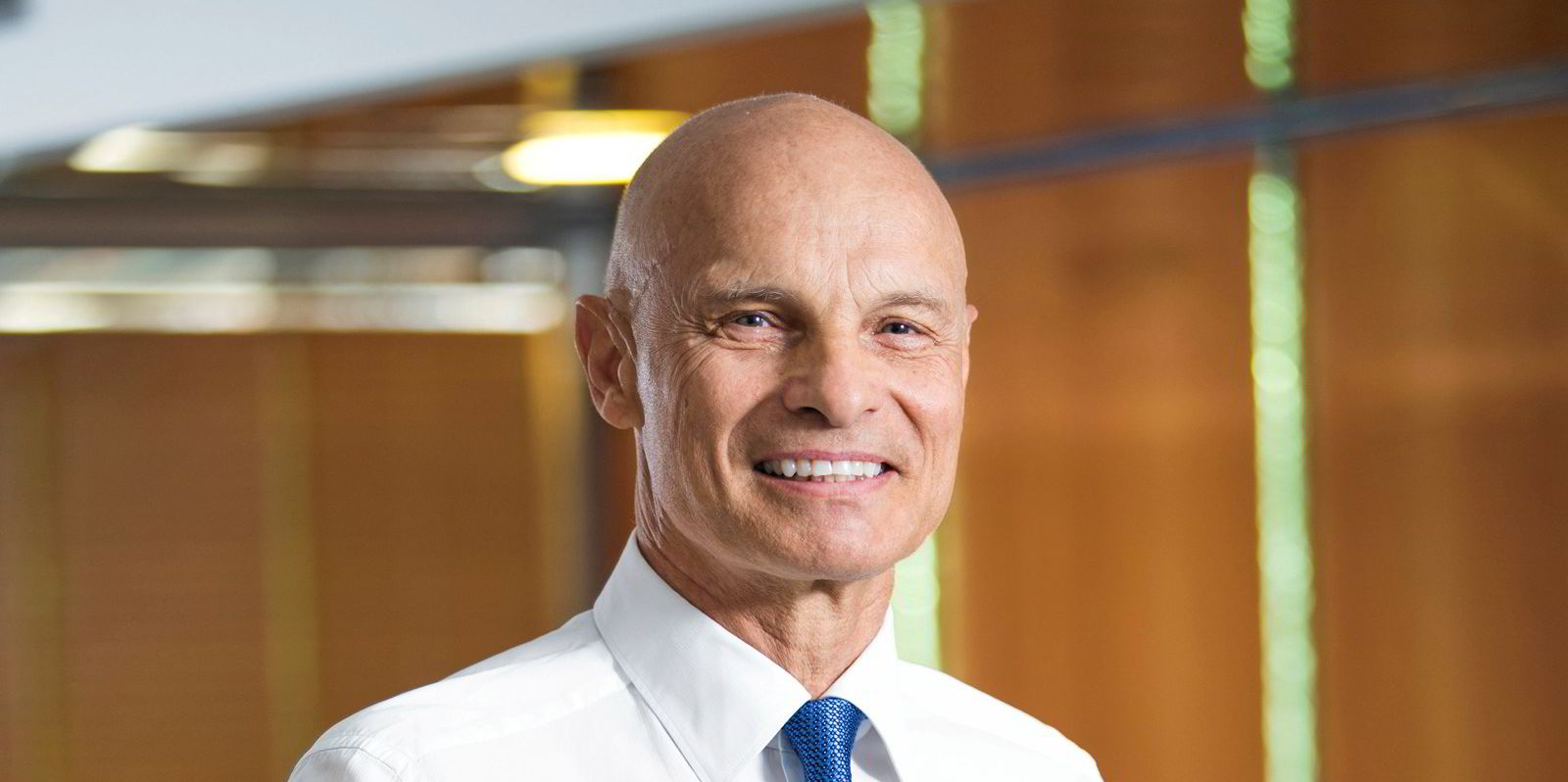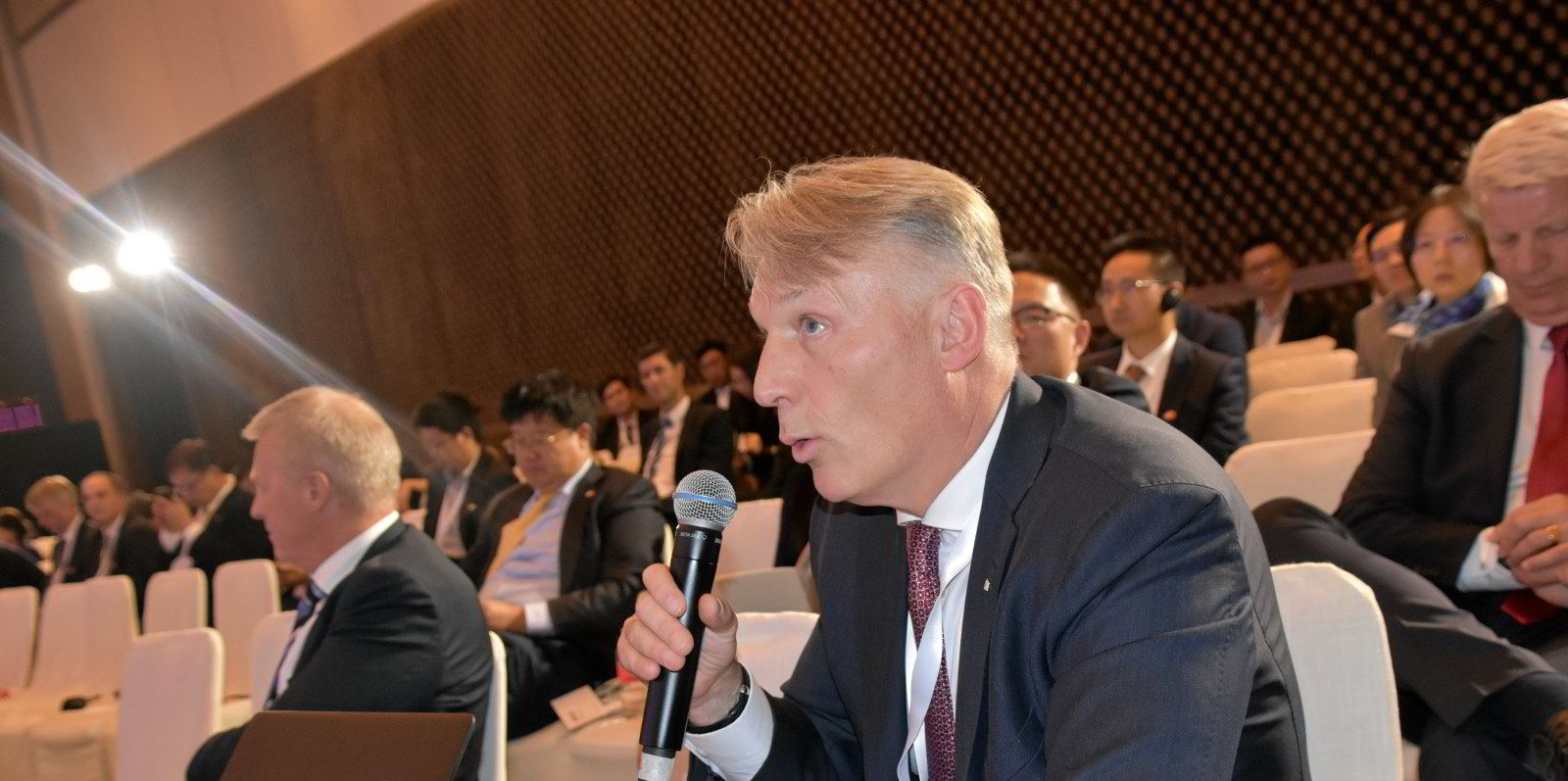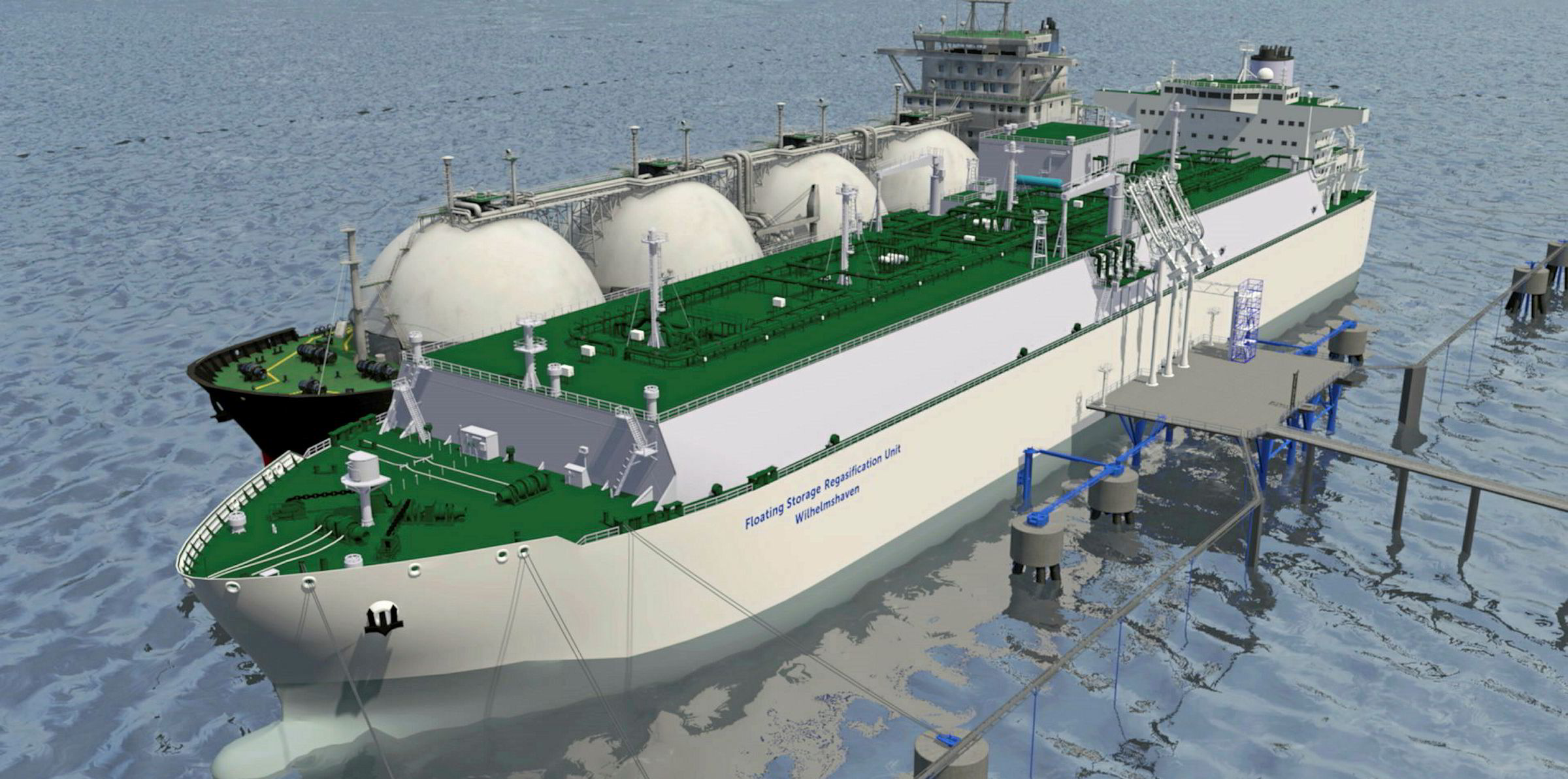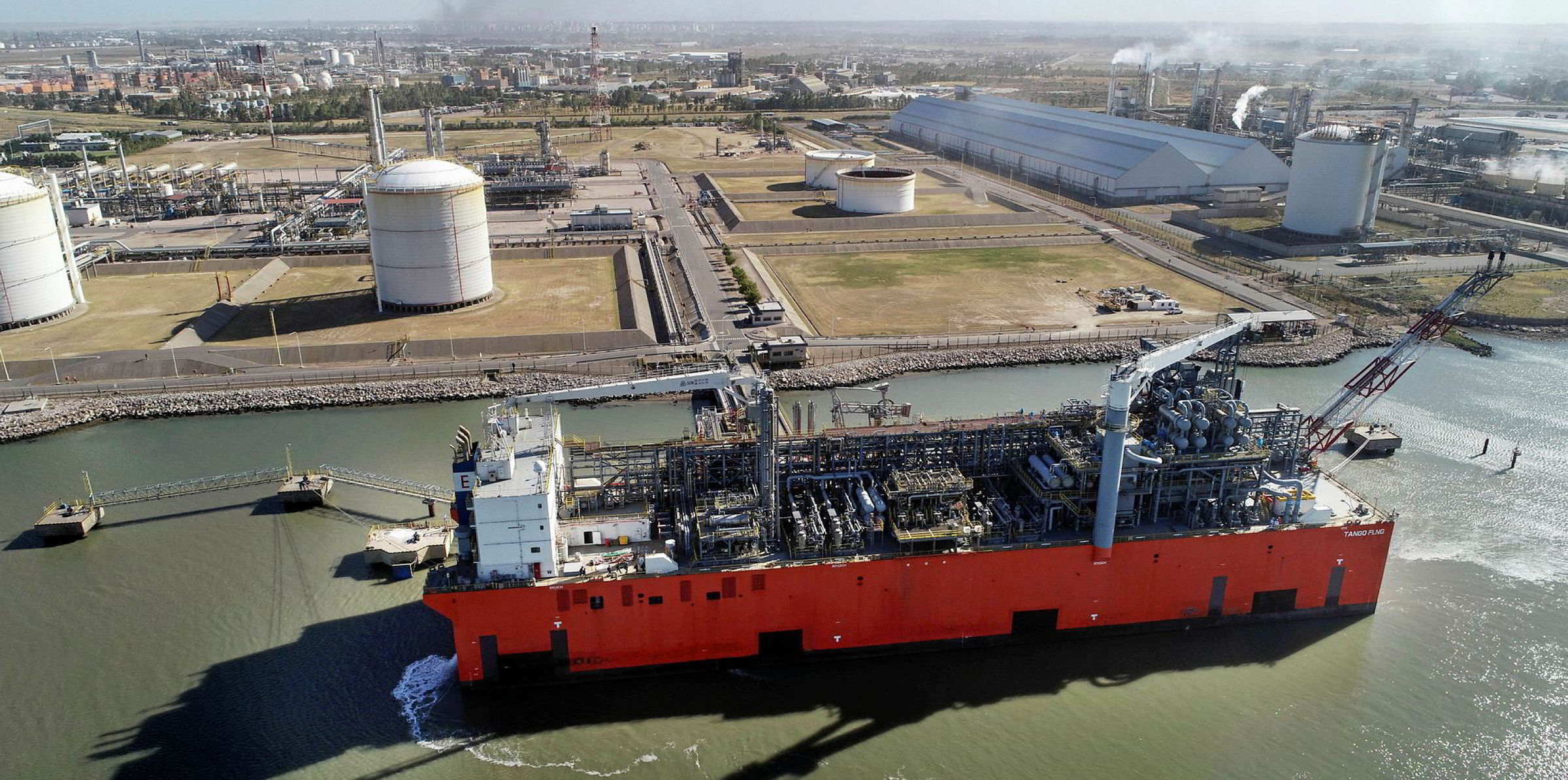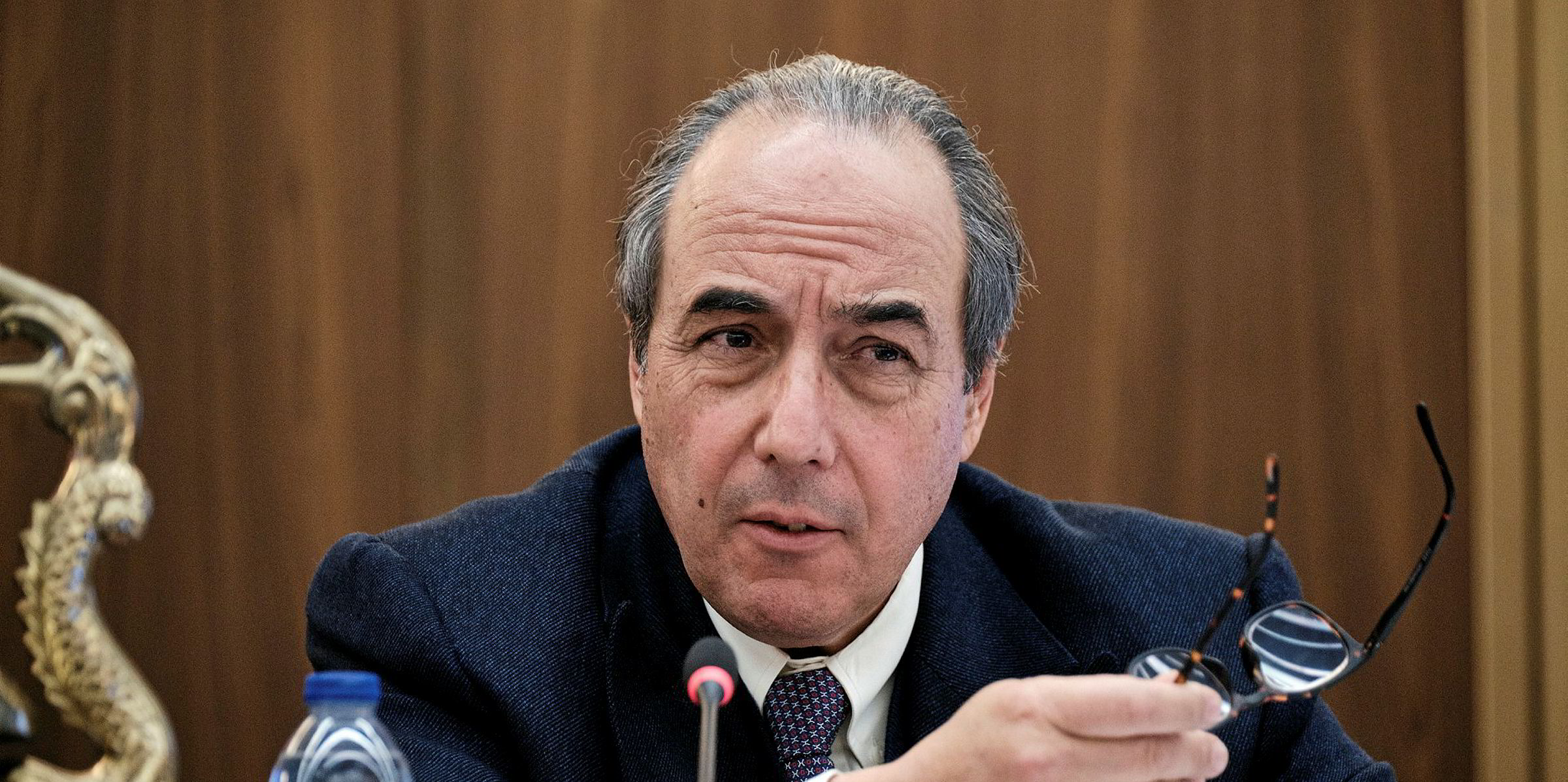Gunvor Group has sealed a joint venture to develop a gas-to-power and LNG shipping project in Vietnam.
The Swiss trader and shipowner said the fully private, multi-phase scheme will connect via subsea pipeline to an offshore floating storage and regasification unit (FSRU) to import LNG.
Phase one is targeting a final investment decision (FID) in late 2021 and commercial operation by 2025.
The project will consume 1.5m tonnes per year of LNG, with an ability to increase consumption to reflect subsequent development phases and opportunities presented by market conditions, Gunvor said.
Joint venture launched
The trader is teaming up with Energy Capital Vietnam (ECV), a US-based holding and development company established in 2015 to serve as a platform for private investment into Vietnam.
Their joint venture will be responsible for trading and shipping on behalf of ECV. In addition, Gunvor will supply LNG to the joint venture on a long-term basis.
An ECV-led consortium is developing the LNG-to-power project in Mui Ke Ga, Binh Thuan province.
"ECV is committed to providing Vietnam with energy security made possible through access to abundant US LNG, which will be supplied to our project in an economically efficient and sustainable manner by our JV with Gunvor," ECV chief executive David Lewis.
"As the worldwide LNG market continues to mature — with increasing volumes and trading complexity — this innovative sourcing partnership will help optimise our fuel supply chain and streamline delivery logistics."
Tapping the US
Gunvor is the largest independent LNG trader in the world. The group's portfolio consists of a significant portion of US-based supply, which will ensure a reliable, stable, and cost-competitive fuel supply to the project and the province as a whole, the company said.
"Gunvor is pleased to partner with ECV on this LNG-to-power project in Vietnam, which will be among the country’s most strategically important LNG developments," added Seth Thomas Pietras, Gunvor’s corporate affairs director.
"The introduction of LNG to the region will initiate a much-needed energy transition and will help contribute to a significant reduction of greenhouse gas emissions," he added.
Binh Thuan province has been seeking a cleaner and more reliable energy source for many years.
Energy shortages
TradeWinds reported last year that South east Asian utility Vietnam Electricity had launched a hunt for a floating storage regasification and power (FSRP) unit that would be supplied by LNG.
Companies following the business said a request for expressions of interest (EOI) for the barge-based FSRP unit had been circulated in the industry.
But one commented that the EOI did not give any details of the size and capacity of the unit required.
Vietnam has been suffering serious energy shortages and state energy company has embarked on a plan to build up to six LNG receiving terminals by 2025.
Work has started on the first of these. The land-based Thi Vai LNG terminal will be built in Ba Ria-Vung Tau province, to the east of Ho Chi Minh City, and be operational by 2022.
Gunvor CEO Torbjorn Tornqvist has previously said about 50% of the group's trading relates to energy transition commodities, including biofuels, natural gas and LNG.
Arbitration in progress
The company manages a "sizable" fleet of LNG ships, and the sheer volume of its gas trading creates "substantial optionality" in the spot market.
"We believe the LNG market will grow for years to come. In our view, it is an important piece of any future energy mix, vis-a-vis the energy transition," said the CEO.
Gunvor is currently locked in arbitration with Belgian shipowner Exmar over a charter for Exmar's 25,000-cbm floating storage and regasification barge FSRU S188 (built 2017).
Last year, Exmar said the refinancing of the unit under a sale-and-leaseback deal with China's CSSC had been signed, but not yet executed, pending the security documentation requiring the charterer’s signature.
Exmar said Gunvor, which had a 10-year charter in place for the FSRU's use in Bangladesh, had "raised some legal arguments".
Bangladesh placed the deal in doubt in 2018, when it decided to focus on larger gas projects
